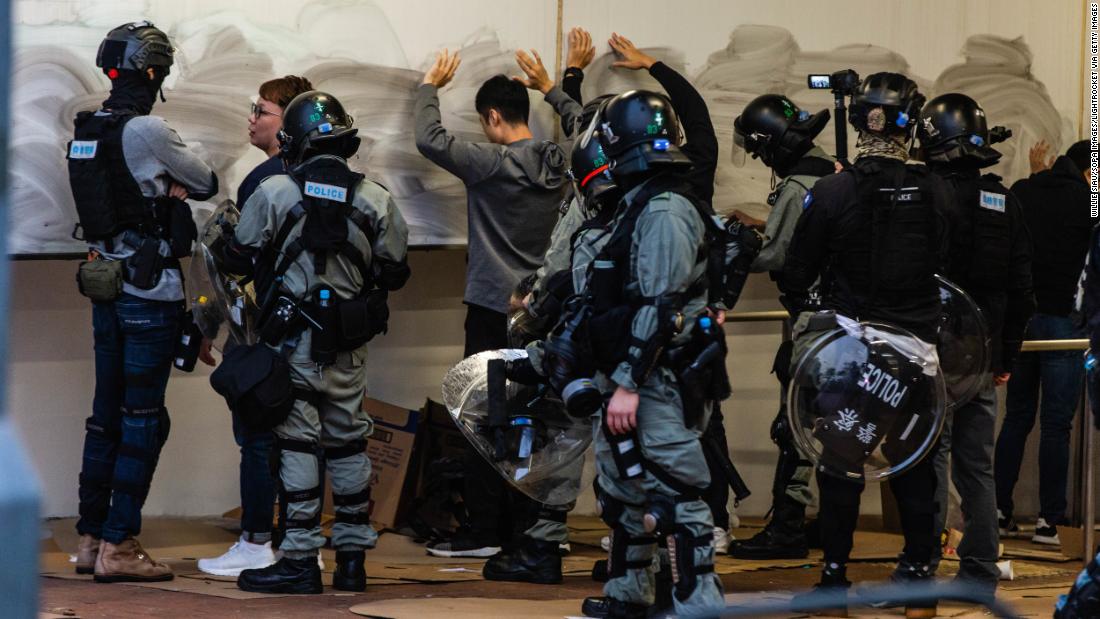
On the back of more than six months of often violent pro-democracy protests in Hong Kong last year, the National People's Congress (NPC), China's rubber-stamp parliament, put forward plans to introduce a national security and anti-sedition law on the city's behalf, bypassing Hong Kong's legislature via a rarely used constitutional backdoor.
As well as criminalizing "treason, secession, sedition (and) subversion" against the central government, it will also enable Chinese national security organs to operate in the city "to fulfill relevant duties to safeguard national security in accordance with the law."
Expected to be passed by the NPC later this month and promulgated in Hong Kong soon after, the law will have drastic effects on whole swaths of Hong Kong society, from the city's garrulous and defiant political sphere to media, education and international business.
Speaking at a news conference called by opposition lawmakers on Friday, Democratic Party legislator Helena Wong said that even the local government "will not be able to regulate what the agents do in Hong Kong."
Her colleague Claudia Mo told CNN that the news was proof that Beijing "will do anything to rein in Hong Kong at any cost."
"It's clear Beijing couldn't care less anymore what people think," she added.
Implementation of the law in Hong Kong could also prove to be a nightmare for the city's courts -- which operate separately to the Chinese legal system and free of the political pressures put on mainland judges.
This does not mean the law is at much risk of being overturned, however.
The new law could give Hong Kong authorities a broader remit to remove obstructive lawmakers from their positions or even prosecute them for blocking key legislation, particularly on national security grounds.
It's difficult to see how Beijing bypassing Hong Kong's parliament and legislating on its behalf won't shape this decision.
The timing, coming as coronavirus restrictions are still in place in Hong Kong, which is only just getting its domestic epidemic fully under control, could mean that people are less willing to join mass protests than they were last year.